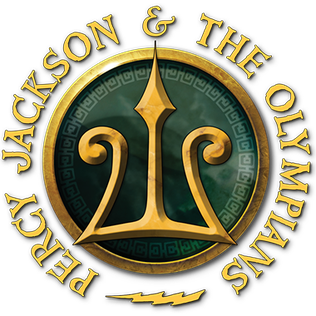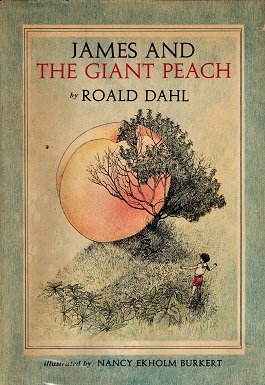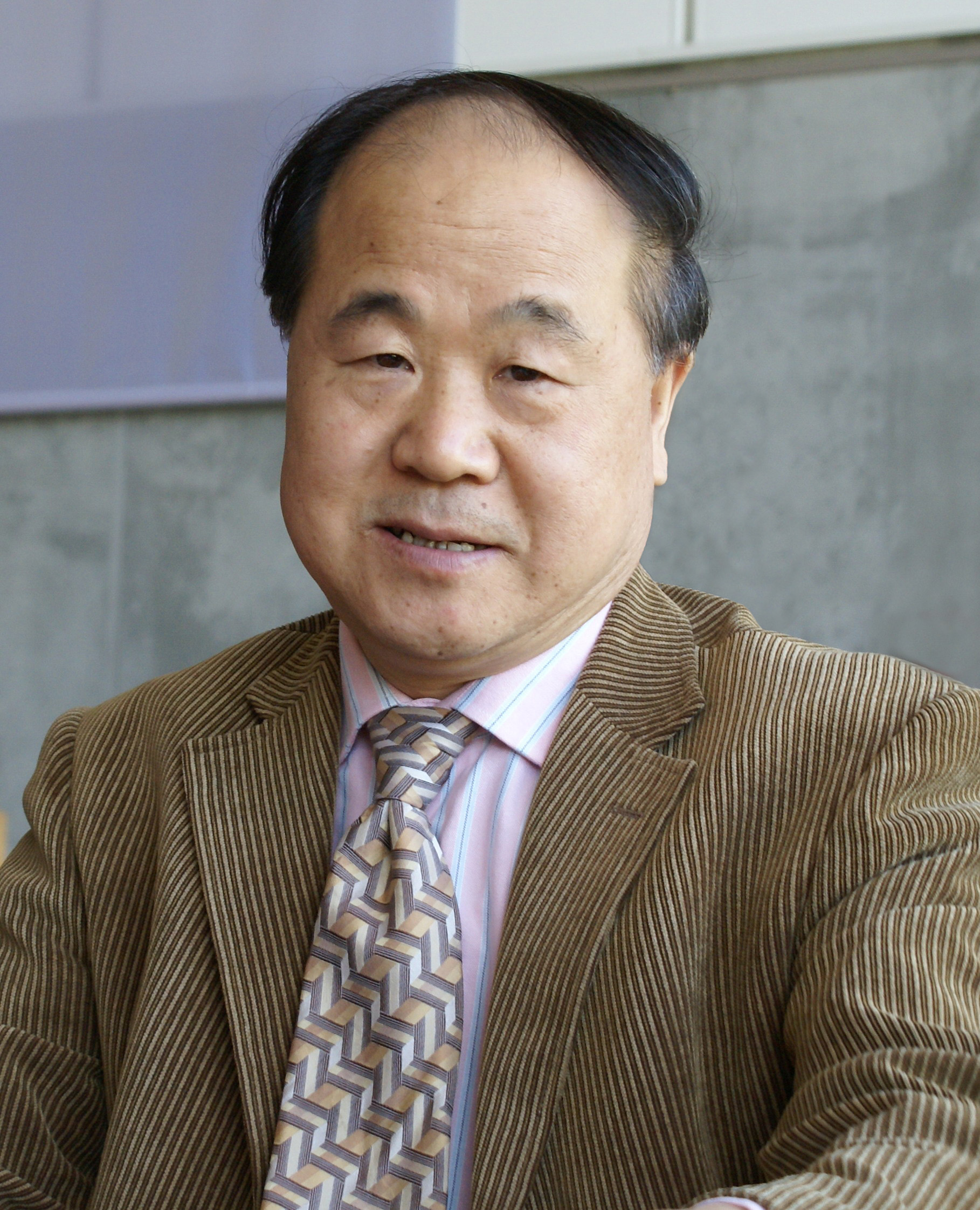Romain Rolland
Explore the detailed timeline of Romain Rolland, a distinguished French writer, Nobel Laureate, and pacifist. Discover the key events and accomplishments in his life from his birth in 1866 to his intellectual contributions in the 20th century.
Birth of Romain Rolland
Romain Rolland was born on January 29, 1866, in Clamecy, Nièvre, France. He was a prominent French dramatist, novelist, essayist, art historian, and mystic who was awarded the Nobel Prize for Literature in 1915. Rolland was renowned for his pacifism, activism, and his vast contributions to literature, most notably the multi-volume novel series 'Jean-Christophe', which earned him the Nobel Prize. Rolland was also an advocate of non-violence and engaged with many prominent thinkers and political activists throughout his life.
Completion of Doctoral Thesis by Rolland
In 1895, Romain Rolland completed his doctoral thesis on 'The Origins of Modern Lyric Theatre'. This marked an important milestone in his academic career, as he pursued research in the arts and literature. His thesis examined the development of the lyric theatre in Italy, a subject that further solidified his deepening engagement with European art and culture. This study also laid the groundwork for his later exploration of the relationship between music and literature, which influenced his broader literary and artistic work.
Publication of 'Danton' by Romain Rolland
On April 10, 1903, Romain Rolland published the dramatic work 'Danton', focusing on the historical figure Georges Danton, a leading figure in the French Revolution. This drama is a part of Rolland's exploration of revolutionary fervor and themes of justice. Through this play, Rolland examined the tension between ideals and political realities, a persisting theme in his later works. 'Danton' reflects Rolland's interest in the transformative power of historical conflicts and their impact on human character and society.
Romain Rolland Awarded Nobel Prize in Literature
On November 9, 1915, Romain Rolland was awarded the Nobel Prize in Literature. The Nobel Committee recognized him for his literary work, particularly the 10-volume novel series 'Jean-Christophe', and his advocacy for a new world of peace. His writings, infused with humanism and a dedication to freedom, peace, and equality, resonated globally during the devastating First World War. Rolland's influence extended beyond literature as he engaged in wide-ranging dialogues with other intellectuals and reformers.
Founding of 'Clarté' Movement
In 1919, shortly after the end of World War I, Romain Rolland founded the 'Clarté' movement along with Henri Barbusse and others. This movement was a cultural and political initiative advocating for a new order of international peace and socialism, transcending the chaos of war. 'Clarté' aimed to unite writers, intellectuals, and activists from all over the world in support of clarity, understanding, and peace. It played a critical role in shaping left-oriented intellectual discourse in the early 20th century, post-war Europe.
Rolland Meets Mahatma Gandhi
In October 1923, Romain Rolland met Mahatma Gandhi, the leader of the Indian independence movement and a major figure in advocating for non-violent resistance. Their meeting solidified Rolland's interest in Gandhian philosophy and non-violence. Rolland saw Gandhi's methods and principles as a model for peaceful resistance worldwide. Rolland was deeply impressed by Gandhi's commitment to truth and non-violence, and this meeting influenced Rolland's own activism and advocacy for peace.
Romain Rolland's Book on Gandhi Published
In May 1927, Romain Rolland published a book titled 'Gandhi'. This work was significant as it was one of the first biographies of Mahatma Gandhi written by a European. Rolland depicted Gandhi as a spiritual hero and analyzed his philosophy of non-violent resistance. The book contributed immensely to shaping European perceptions of Gandhi and his movement, focusing on the ethical and political implications of his struggle against British rule in India. It was influential in spreading Gandhi's ideas across the West.
Becomes an Honorary Member of the Soviet Union Academy
On April 18, 1931, Romain Rolland was made an honorary member of the Soviet Academy of Sciences. This recognition was an acknowledgment of his contributions to literature and his political activism, which had aligned at times with socialist and pacifist causes shared by some in the Soviet Union. Despite this honor, Rolland maintained an independent and critical stance towards all political regimes, advocating always for human rights and individual dignity.
Publication of 'Péguy'
In 1939, Romain Rolland published 'Péguy', a book that explored the life and thought of Charles Péguy, a French poet, essayist, and editor with whom Rolland had shared correspondence. Péguy was known for his Catholic-inspired socialism and nationalism. Rolland's work on Péguy was reflective of his own interests in the intersections of religion, socialism, and cultural identity. This book contributed to the body of literature that analyzed the complex relationship between personal belief and public action during tumultuous political times.
Death of Romain Rolland
Romain Rolland passed away on December 30, 1944, in Vézelay, France. His death marked the end of a notable career as a writer, thinker, and activist who had tirelessly advocated for peace and intellectual engagement across cultural and national boundaries. Throughout his life, Rolland had communicated with many of the great thinkers of his time and had been a profound influence on intellectual and cultural movements in Europe, leaving a legacy of thought and literature that continued to resonate after his passing.
Frequently asked questions about Romain Rolland
Discover commonly asked questions regarding Romain Rolland. If there are any questions we may have overlooked, please let us know.
What was Romain Rolland's contribution to peace and humanitarian causes?
Who was Romain Rolland and why is he notable?
When was Romain Rolland born and when did he die?
What are some of Romain Rolland's most famous works?
Related timelines
More timelines connected to Romain Rolland







